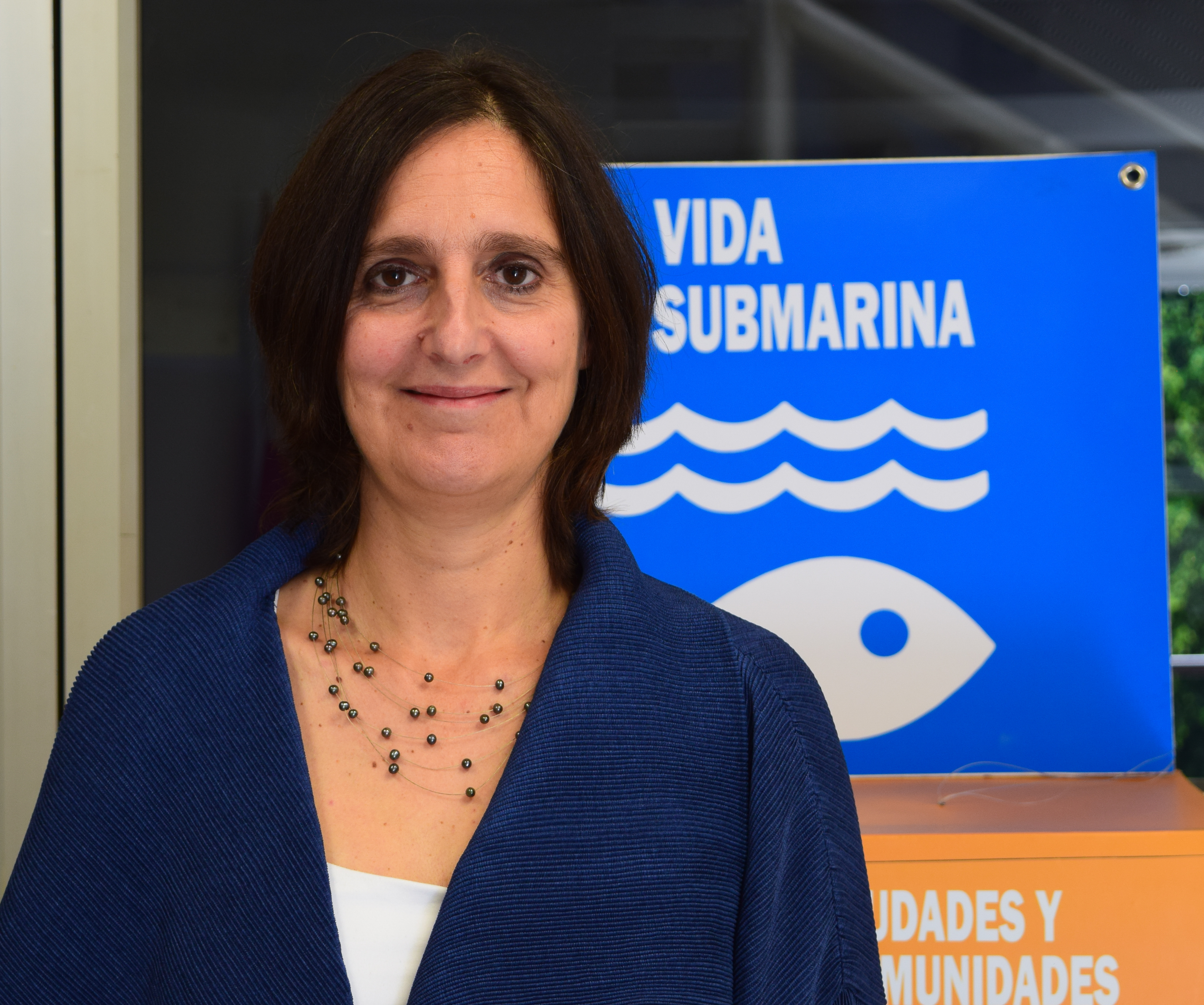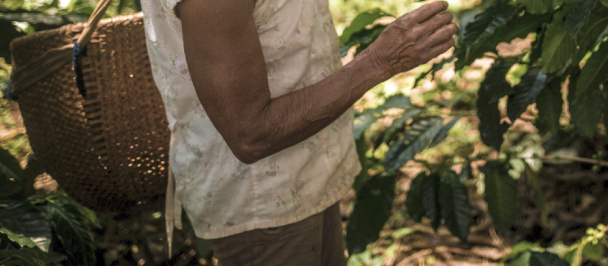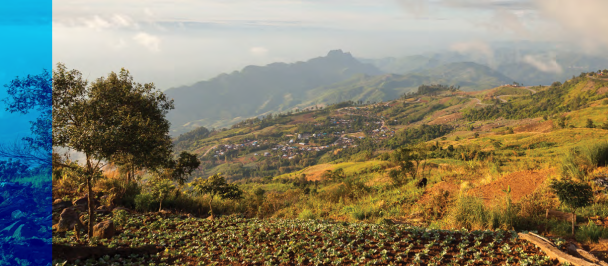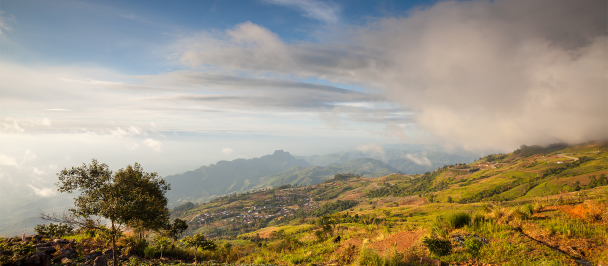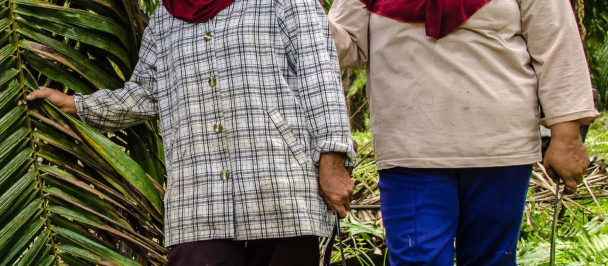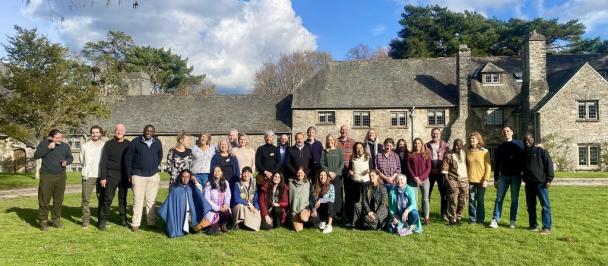UNDP’s Green Commodities Community is a global knowledge sharing initiative which supports on-the-ground practitioners, captures lessons learned and encourages dialogue across major agriculture and marine commodity systems. With participation from major commodity-producing nations, the Green Commodities Community embodies learning through sharing and connects commodity practitioners around the world.
With the excitement of International Women's Day still fresh in our memory, we are honoured to present a prominent female changemaker within the sustainable commodities industry: Sandra Andraka, life-timer member of the Green Commodities Community and part of the Green Commodities Programme team in Costa Rica. Sandra has been the leading figure in one of the most important milestones of the Programme: the launch of the National Action Plan for Sustainable Fisheries of Large Pelagics in Costa Rica, first one of its kind in the world.
Sandra is the National Coordinator and Fishery Advisor of the Large Pelagic Sustainable Fisheries Platform in Costa Rica, and a team member of the UNDP’s Global Sustainable Supply Chain for Marine Commodities Project. Sandra has more than 14 years of experience working in Latin America on marine conservation, fisheries management, policy work and advocacy, both nationally and internationally. Before joining UNDP, Sandra worked the World Wildlife Fund on terrestrial and marine conservation projects and operated her own consultancy company. She holds an advance degree in Environmental and Rural Planning and a degree in Biology.
What was your motivation to join the sustainable fisheries industry?
I studied biology in order to be able to work with wildlife. Soon I realized that to conserve the fauna and the environment it was necessary to work with people. This made me look for more comprehensive professional options that combined environment and development. From there I started to work in environmental education, conservation of terrestrial ecosystems and fauna, territorial ordering and management of protected areas. I always wanted to work on marine issues, but it was not until I arrived in Costa Rica that I had the opportunity to start working with marine protected areas and later in marine conservation project management. That's how I got to fishing. Again, to conserve sea turtles in the Eastern Pacific Ocean, it was necessary to work with fishers and governments in nine countries to build bottom-up solutions. The next step was to integrate conservation into fisheries management and the opportunity arose to facilitate the process of a democratic dialogue that led to the development of the first sustainable fishing action plan following the Green Commodities Programme methodology. Now comes the next challenge, which is to implement it and make Costa Rica a leader in sustainable fishing, hand in hand with the fishermen and government authorities.
In your experience, what can we do to tackle gender inequality in the agriculture/commodity supply chain?
The issue of gender is not usually part of the culture of the fisherman. It is important to have statistics on men and women and their work in the fisheries value chain. We could start introducing the subject little by little - always mentioning it in meetings or presentations, for example. Taking advantage of the SDGs to talk about SDG 5 (Gender Equality) is another important objective. Once the gender issue starts to sound familiar, specific work sessions on the subject and women's empowerment workshops can be held. It is a slow and strategic process adapted to the conditions of the people who work in fishing. Also the life stories of women are a tool that have been successful in promoting recognition. Finally, we must promote the leadership of women in organizations and specific actions such as women's entrepreneurship, and always keep working to promote gender policies in government institutions and throughout commodity sectors.
What are you most looking forward to at the 2019 Good Growth Conference?
I always look forward to LEARNING! It is a unique opportunity to take in and share new ideas, experiences and hopes with important change leaders.

 Locations
Locations